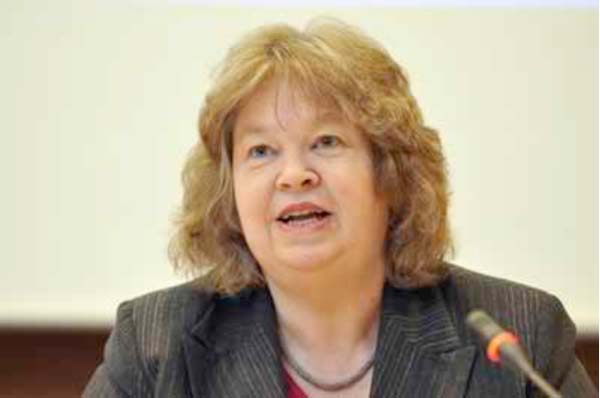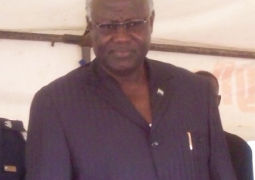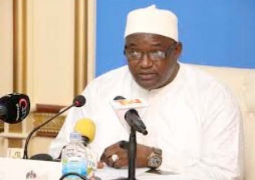
The
new coalition government headed by President Adama Barrow has received a thumbs
up as a sign of approval or rather encouragement by the European Union (EU) who
now officially considers The Gambia, as an ‘’important partner’’ - thus formally
dismissing the contention of a ‘’tiny country with insignificant value to the
outside world’’.
Following
the ousting of Yahya Jammeh from power via democratic elections, the EU now
officially recognises The Gambia’s important democratic achievement and
progress.
Also
reflecting on the country’s return to ‘’democratic rule and respect for human
dignity’’, the EU is currently speaking with a positive voice as far as the
country’s affairs is concerned.
It
also appreciates the country’s ‘’calm and peaceful atmosphere; freedom of
assembly; expression and association with a media free from formal
censorship’’.
The
EU thus ‘’stands ready to support the reform agenda’’ launched by President
Barrow’s government.
Even
though such a statement is highlighted as a result of the elections conducted
in the country, respected observers have concluded ‘’the notion that The Gambia
is not worthy of intervention and less attractive to other partners especially
the EU has now been officially established to be a myth’’.
Jean
Lambert, head of the European Parliament delegation who fully endorsed the EU
preliminary statement on the country stressed that ‘’The Gambia has been
through a historic moment with many things almost changing overnight’’.
Lambert
from the UK added: ‘’I would like to express my great respect to the IEC as
well as to The Gambian citizens...’’
The
Gambian electoral body was also congratulated despite ‘’budgetary and time
constraint delivered the elections in a commendable manner...despite a highly
imperfect electoral framework inherited from the past regime, where the
judiciary was systemically undermined and respect for regional and
international standards for democratic elections was neglected...’’
It
could be recalled that the delegation invited from the EU also witnessed the
election proceedings including the ‘’tabulation of results’’ across the
country. The invitation to deploy the ‘’first-ever fully fledged election
observation mission is highly appreciated’’ by the EU.
The
delegation also observed that the proceeding was done in an ‘’orderly manner
and staff efficiently facilitated voting’’. The counting of ‘’ballot marbles
proved to be swift and transparent’’.
It
added that the ‘’immediate announcement’’ of aggregated results per
constituency on ‘’national television and radio fostered transparency’’.
Furthermore,
the EU stressed that such action confirms the ‘’commitment of both sides to
promoting democracy and deepening political and economic cooperation’’.
The
EU however outlines future improvement including ‘’large population
discrepancies between electoral constituencies which violates the principle of
equality of the vote; outdated voter register...’’
Whatsoever,
at the present moment, The Gambia has the full backing and support of the EU in
its reform agenda amongst others. Thus several of its previous statements and
concerns about the country and well-being of Gambians in terms of governance
has been substituted and circulated among member states.



